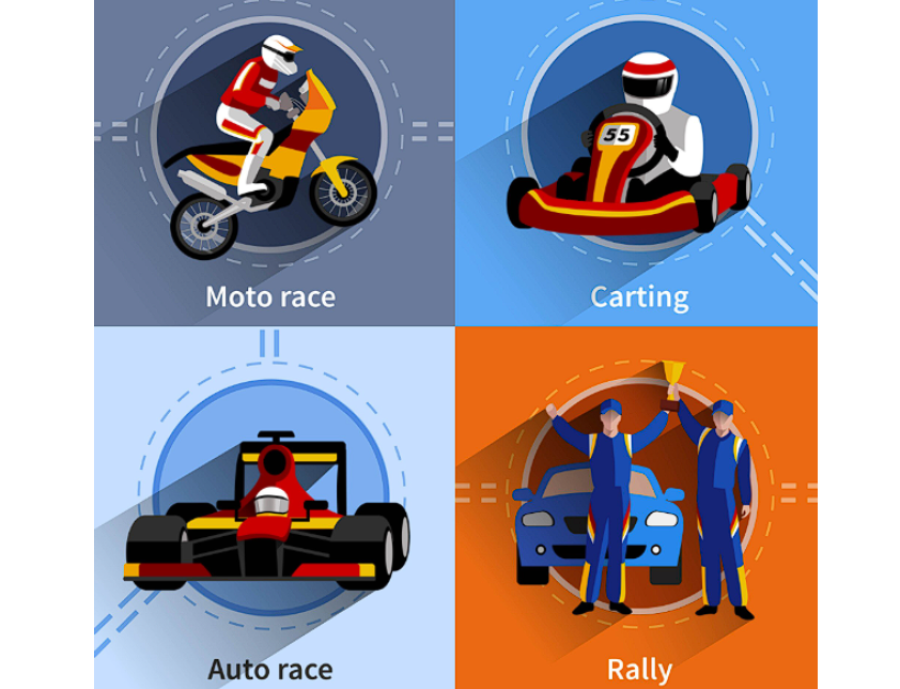In today’s interconnected world, proficiency in English is more than just a skill—it’s a passport to global opportunities. Whether you’re aiming for career advancement, academic excellence, or international collaboration, your CEFR (Common European Framework of Reference for Languages) English online test results can serve as a strategic tool to showcase your capabilities. This article will guide you through practical steps to transform your CEFR level—from foundational A1 to mastery-level C2—into a compelling asset for your professional or academic growth.
Understand Your CEFR Level: Know Where You Stand
The CEFR framework divides language proficiency into six levels, each representing a distinct tier of competence. At the basic tier (A1/A2), individuals can engage in simple conversations, introduce themselves, and handle routine tasks like ordering food or asking for directions. Intermediate users (B1/B2) demonstrate greater confidence, navigating everyday workplace communication, writing structured emails, and understanding nuanced instructions. Advanced learners (C1/C2) operate at near-native fluency, capable of dissecting complex academic texts, leading high-stakes negotiations, or delivering persuasive presentations.
To leverage your results effectively, begin by interpreting what your level signifies. For instance, a B2 certification confirms your ability to collaborate in multilingual teams, while a C1 score signals readiness for university-level coursework or managerial roles in English-speaking environments. This clarity allows you to target opportunities that align with your current skills while identifying areas for growth.
Elevate Your Resume or CV
Your resume is often the first impression you make on employers or admissions committees. Rather than burying your CEFR results in a generic "Skills" section, create a dedicated Language Proficiency category. For example: *“English Proficiency: CEFR Level C1 (Advanced) – Certified by [Test Name], [Date]. Fluent in professional report writing, cross-departmental collaboration, and client-facing communication.”*
Tailor this section to highlight skills relevant to your goals. If you’re applying for a customer service role, emphasize your B2-level ability to resolve inquiries empathetically. For academic research positions, showcase your C1/C2 expertise in analyzing scholarly articles or drafting technical papers. Quantify achievements where possible, such as noting how your language skills contributed to closing international deals or streamlining team workflows.
Strengthen Academic Applications
For students, a strong CEFR score can be the key to unlocking prestigious programs. Many universities require a minimum of B2 for undergraduate admissions and C1 for graduate or doctoral studies. Start by researching your target institution’s language requirements—some may accept your CEFR certificate directly, while others might request supplementary tests like IELTS or TOEFL.
Beyond meeting baseline criteria, high scores (C1/C2) can distinguish you in competitive pools. Admissions committees view advanced proficiency as evidence that you can thrive in English-taught courses, participate in seminars, and submit polished thesis work. Additionally, some universities offer scholarships or waivers for applicants with exceptional language scores, reducing financial burdens. If you’ve tested at a C1 level or above, inquire about bypassing introductory language courses to fast-track your degree.
Advance Your Professional Profile
In professions where English is a prerequisite—such as aviation, international law, or global tech firms—your CEFR level can validate your eligibility. Many industries mandate specific benchmarks for certifications or promotions. For example, healthcare professionals working in English-speaking countries often need a C1 certification to ensure precise patient communication, while engineers may require B2/C1 scores to collaborate on cross-border projects.
Even in roles where English isn’t mandatory, fluency can set you apart. Use your CEFR results to pitch yourself for leadership opportunities, such as managing overseas clients or training multilingual teams. During performance reviews, articulate how your language skills have driven tangible outcomes, like expanding market reach or improving stakeholder relations. For freelancers and entrepreneurs, highlighting a C1/C2 level on platforms like LinkedIn or Upwork can attract clients seeking polished, culturally aware partners.
Enhance Networking and Communication
Language proficiency isn’t just about grammar—it’s about building trust across cultures. A CEFR certification signals to peers and employers that you possess the soft skills needed for global collaboration. Update your LinkedIn profile to include your level, and mention it in networking conversations to position yourself as a bridge between international stakeholders.
For example, a C1 certification implies you can moderate meetings, interpret subtle feedback, and navigate idiomatic expressions, reducing misunderstandings in multicultural teams. In interviews, prepare anecdotes that demonstrate how your English skills resolved challenges, such as mediating a conflict with an overseas supplier or pitching a project to investors.
Turn Weaknesses into Growth Opportunities
If your results fell short of your goals, treat them as a roadmap rather than a setback. The CEFR’s “can-do” descriptors outline clear milestones for progression. For instance, moving from B1 to B2 requires mastering workplace-specific vocabulary and delivering structured presentations, while advancing from B2 to C1 demands comfort with abstract topics and nuanced writing.
Develop a personalized improvement plan. If you’re a B1 learner targeting a career in finance, focus on financial jargon and case study analyses. C1 aspirants might practice drafting reports or dissecting TED Talks on their industry. Leverage resources like language apps (Duolingo, Babbel), online courses (Coursera, Udemy), or local conversation clubs to refine weak areas. Consider retaking the test after dedicated preparation—each level upgrade can open exponentially more doors.
Prepare for Interviews with Confidence
Interviewers often probe language skills through scenario-based questions like, “Describe a time you resolved a conflict in English,” or “How would you present our product to an international audience?” Use your CEFR level to frame answers authoritatively. For example: “At a C1 level, I routinely lead workshops and handle technical queries, ensuring clarity for diverse audiences.”
Supplement your certification with examples of real-world applications. If you’re B2, discuss how you’ve managed customer complaints or contributed to bilingual projects. For C2, highlight experiences like publishing research papers or consulting for global firms. This approach transforms abstract scores into relatable proof of your capabilities.
Transform Your Results into Action
Your CEFR score is more than a credential—it’s a reflection of your dedication to growth and adaptability in a globalized world. To maximize its impact, align your next steps with your aspirations. Update your professional materials, pursue roles or programs that match your proficiency, and commit to lifelong learning. Whether you’re a student eyeing an Ivy League university or a professional seeking international assignments, let your English proficiency underscore your readiness to excel.
FAQs
Q: What if my CEFR level is lower than the requirement for a job or academic program I’m targeting?
A: Treat your results as a roadmap for growth. Use the CEFR’s "can-do" descriptors to identify gaps (e.g., expanding industry-specific vocabulary or improving writing fluency). Enroll in targeted courses, practice with language apps, or join conversation clubs. Some institutions may accept conditional admission if you commit to improving your skills before enrollment.
Q: How often should I retake the CEFR test to upgrade my level?
A: Retake the test only after dedicated preparation. Progressing from one CEFR tier to another (e.g., B1 to B2) typically requires 200–300 hours of study. Schedule retakes based on your learning pace and deadlines for applications or promotions.
Q: Can I use my CEFR score instead of tests like IELTS or TOEFL for university applications?
A: It depends on the institution. Many European universities accept CEFR scores directly, while others may require IELTS/TOEFL. Always verify your target school’s language policy. Some schools may convert CEFR levels to equivalent IELTS/TOEFL scores for clarity.
Q: How do I prove my CEFR level if I haven’t taken an official test?
A: Self-assessment isn’t widely recognized. Employers and universities typically require certification from accredited exams like the Cambridge English tests, IELTS, or TOEFL. If you lack a certificate, consider taking an official test or enrolling in a course that provides one upon completion.
Q: Do employers outside Europe recognize the CEFR framework?
A: Yes! The CEFR is globally recognized, especially in multinational companies and industries like tech, healthcare, and education. To avoid confusion, pair your CEFR level with brief context (e.g., “CEFR C1 (Advanced), equivalent to IELTS 7.5”). This ensures clarity for employers unfamiliar with the framework.









